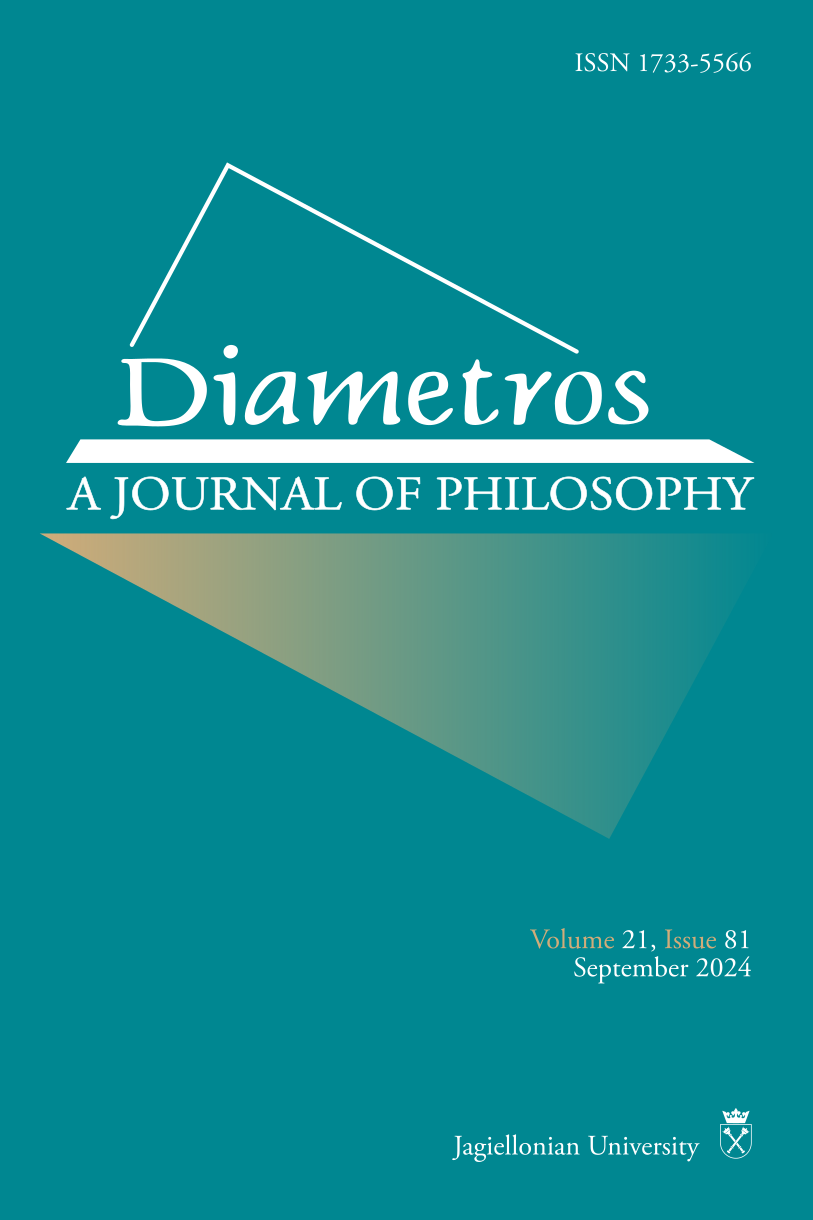On the Limits of Medical Experiment from the Perspective of Rational Choice Theory
Main Article Content
Abstract
The rules of Polish law which formulate the conditions of permissibility of medical experiment, and thus determine its limits, can be interpreted in many different ways, especially in so far as they concern the required balance of potential costs and benefits of a planned experiment. However, in legal literature commenting on these rules one can hardly find a systematic and precise (to the degree which is possible in this area) account of these interpretations in the language of rational choice theory – the theory which is particularly helpful in such analysis due to its sophisticated conceptual apparatus for examining various configurations of costs and benefits. The present article is aimed to fill in this gap, providing this kind of account, and also attempting at an evaluation of the proposed interpretations.
Article Details
Issue
Section

This work is licensed under a Creative Commons Attribution 4.0 International License.
By submitting his/her work to the Editorial Board, the author accepts, upon having his/her text recommended for publication, that Diametros applies the Attribution 4.0 International (CC BY 4.0) license to the works we publish. Under this license, authors agree to make articles legally available for reuse, without permission or fees. Anyone may read, download, copy, print, distribute or reuse these articles without asking prior permission from the publisher or the author, as long as the author and original source are properly cited. The author holds the copyright without any other restrictions. Full information about CC-BY: https://creativecommons.org/licenses/by/4.0/legalcode.
How to Cite
References
Pozycje naukowe
Gałązka M. (2019), Prawnokarne granice nowatorskiej interwencji medycznej, Towarzystwo Naukowe KUL, Lublin.
King N.M.P., Churchill L.R. (2008), Assessing and Comparing Potential Benefits and Risk of Harm, [w:] The Oxford Textbook of Clinical Research Ethics, E.J. Emanuel et al. (red.), Oxford University Press, New York: 514–526.
Kopelman L.M. (2004), Minimal Risk as an International Ethical Standard in Research, „Journal of Medicine and Philosophy” 29: 351–378.
Rid A. (2014), Setting Risk Thresholds in Research: Lessons from the Debate About Minimal Risk, „Monash Bioethics Review” 32 (1): 63–85.
Rid A., Wendler D. (2010a), Risk-Benefit Assessment in Medical Research – Critical Review and Open Questions, „Law, Probability and Risk” 9: 151–177.
Rid A., Wendler, D. (2010b), Evaluating the Risks of Clinical Research, „Journal of the American Medical Association” 304 (13): 1472–1479.
Różyńska J. (2011), Standard minimalnego ryzyka, „Prawo i medycyna” 13 (2): 5–22.
Różyńska J. (2012), Ocena ryzyka i korzyści badania biomedycznego, [w:] Badania naukowe w biomedycynie z udziałem ludzi. Standardy międzynarodowe, J. Różyńska, M. Waligóra (red.), Wolters Kluwer, Warszawa: 65–85.
Simonsen S. (2012), Acceptable Risk in Biomedical Research. European Perspectives, Springer Science+Business Media B.V., Dordrecht–Heidelberg–London–New York.
Teksty prawne
Rada Europy (2005), Protokół dodatkowy do konwencji o prawach człowieka i biomedycynie dotyczący badań biomedycznych, tłum. J. Różyńska, [w:] Badania naukowe z udziałem ludzi w biomedycynie. Standardy międzynarodowe, J. Różyńska, M. Waligóra (red.), Wolters Kluwer, Warszawa: 270–282.
Ustawa z dnia 5 grudnia 1996 r. o zawodach lekarza i lekarza dentysty (Dz.U. 1997 nr 28 poz. 152 z późn.zm)
Ustawa z dnia 6 czerwca 1997 r.– Kodeks karny (Dz. U. 1997 Nr 88, poz. 553 z późn.zm).
